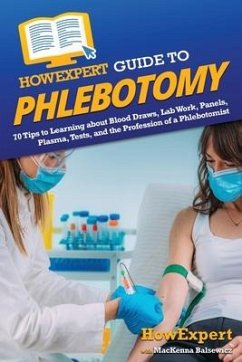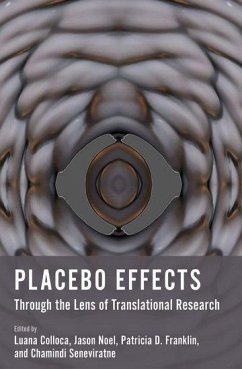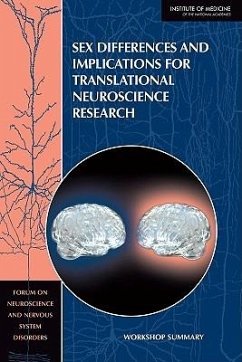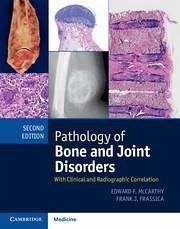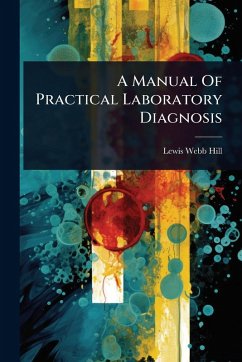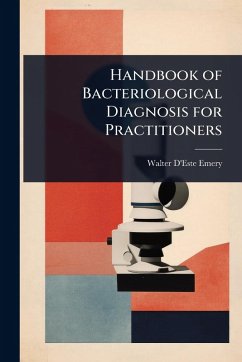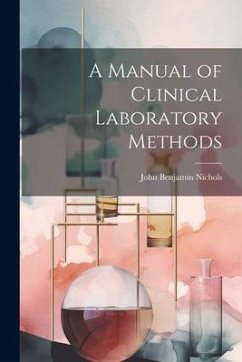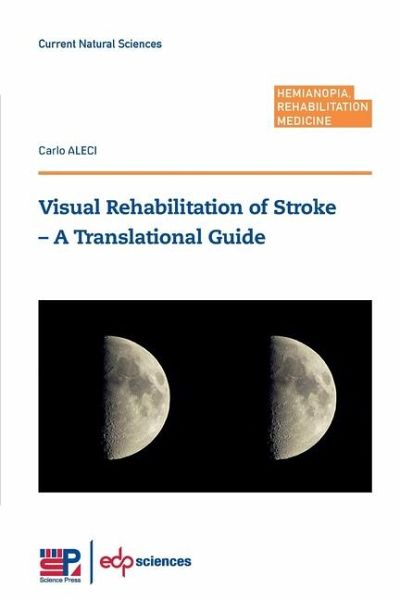
Visual Rehabilitation of Stroke - A Translational Guide
Versandkostenfrei!
Versandfertig in über 4 Wochen
138,99 €
inkl. MwSt.

PAYBACK Punkte
69 °P sammeln!
A consistent amount of patients with stroke and other brain injuries complain for the damage of their visual field. This defect, called hemianopia, is a dramatic event: half of the world seems to disappear all of a sudden. And the Moon is always crescent or waning. Never full. Within the current clinical setting, to date there is nothing ophthalmologists can do to return patients the wonderful sight of a full Moon. The Dogma is: "In the brain what is lost is lost". And the Dogma cannot be broken. Yet, since the past century research has been challenging the Dogma. Investigations reveal that th...
A consistent amount of patients with stroke and other brain injuries complain for the damage of their visual field. This defect, called hemianopia, is a dramatic event: half of the world seems to disappear all of a sudden. And the Moon is always crescent or waning. Never full. Within the current clinical setting, to date there is nothing ophthalmologists can do to return patients the wonderful sight of a full Moon. The Dogma is: "In the brain what is lost is lost". And the Dogma cannot be broken. Yet, since the past century research has been challenging the Dogma. Investigations reveal that the repetitive stimulation of the blind region of the visual field may restore, albeit partially, the neuronal function, and may improve the scanning ability. This treatise is a translational journey that sets out from the pioneering studies on the effects of brain lesions in wounded soldiers, passes through the mechanisms of spontaneous compensation of hemianopia, continues with the laboratory results, and comes to describing the rehabilitative techniques devised in the last decades. This fascinating journey, with its shadows, stops and go, reverses, confirmations and denials, has not yet come to an end. But it is firmly determined to re-illuminate the dark side of the Moon in these unfortunate patients. And you, dear Reader, are going to be the traveler. Carlo ALECI, Neuro-ophthalmologist, is professor on contract of Psychophysics of Vision at the University of Turin and Editor-in-Chief of Neuro-Ophthalmology & Visual Neuroscience. Author of international papers and books like Dyslexia: a Visual Approach and Measuring the Soul-Psychophysics for non-Psychophysicists, Carlo has recently devised an evidence-based protocol, the Moonlight Project, for rehabilitating hemianopic patients.





